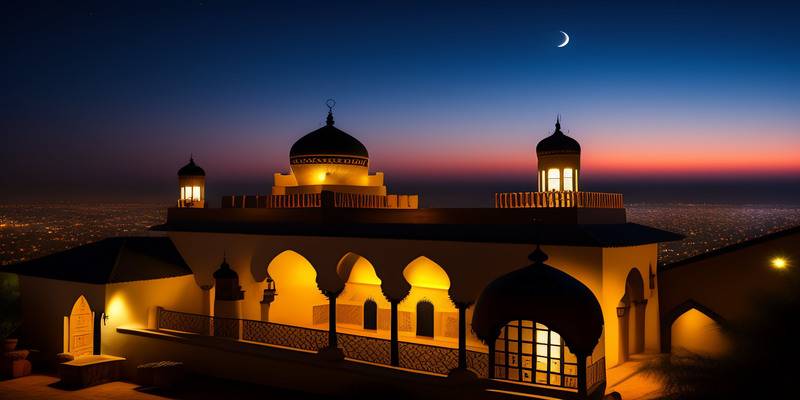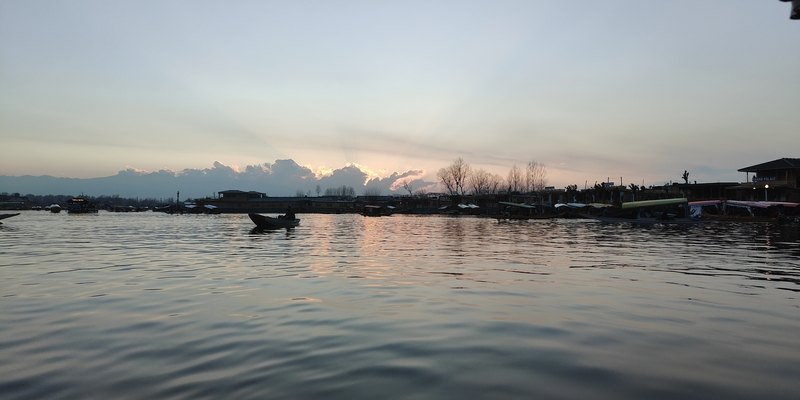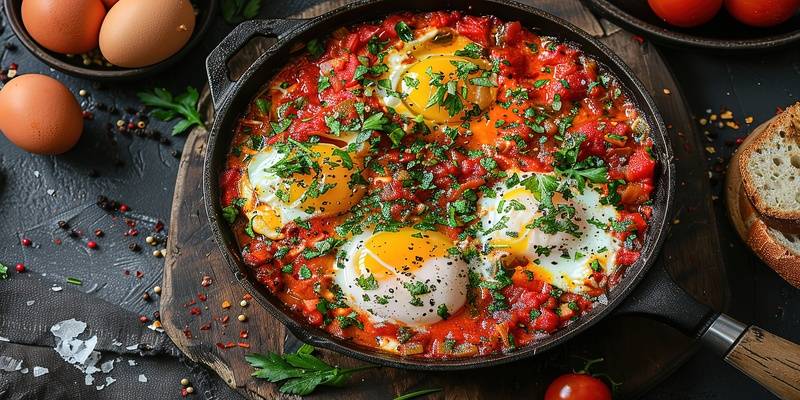All you need to know about Ramadan

Just how Diwali is for Hindus and Christmas is for Christians, Ramadan is a sacred time for Muslims. Ramadan is derived from the Arabic word “ramiḍa or ar-ramaḍ”, meaning intense or scorching heat, as the auspicious festival usually occurs during summers. Ramadan, also known as Ramzan, is a holy month of praying and fasting for all Muslims around the globe. The month-long festival falls during the ninth month of the Islamic lunar calendar and lasts for about 29 to 30 days.
Why is Ramadan celebrated?
“When the month of Ramadan starts, the gates of heaven are opened and the gates of hell are closed and the devils are chained” ~ Prophet Mohammed.
The month of Ramadan is considered very pious and religious. It is believed that during the 23rd and 27th night of Ramzan, God sent Quran from Heaven and revealed the first few verses of the sacred text to Prophet Mohammed. The said night is known as ‘Laylat-al-Qadr’, meaning, ‘the Night of Power.’ The period is marked by charity, prayer, generosity, and the study of the Quran. Muslims pray, seek blessings for their loved ones, and fast from dawn until sunset for the entire month.
Why do Muslims fast during Ramadan?
Did you know that there are five pillars of Islam? Shahadah (Allah is the only God), Salat (five prayers to be performed every day), Zakat (charity and helping those in need), Sawm (Ramadan), and Hajj (pilgrimage to Mecca). Ramadan, being one of the pillars is considered a duty that every Muslim should abide. The month-long fasting is believed to be an act of worship.
Apart from serving spiritual and religious purposes, fasting is considered to be a reminder of how hunger and thirst feel. It is believed that one learns self-control and about the suffering of the poor. It is believed that the time devoted to reading and understanding the Quran, helps in cleansing the soul.
What a normal day during Ramadan entails?
Those who fast during Ramadan wake up before dawn or sunrise, to offer prayers and eat the first meal of the day (known as suhoor or sehri). After the first meal, the day’s fast begins and ends after sunset with a meal, known as Iftar of Fitoor. Did you know, traditionally, the fast is broken with dates. Dates are rich in fibre, sugar, and other nutrients, known to balance blood-sugar levels after a day-long fast.
As per the rituals, during the fasting period, people are not allowed to drink liquor or smoke. Apart from the generalised practices, one is also forbidden from using swear words and is supposed to curb emotions like jealousy and anger. Some people do not watch TV or listen to music to avoid any sort of distractions while praying to God. Some followers visit mosque for a special Ramzan prayer, called Taraweeh.
Another important Islamic pillar is Zakat – which means charity. Some people donate food and clothing to the poor during this time. Charity during Ramzan is believed spiritually rewarding and awakening. Kids, pregnant women, the elderly, menstruating or nursing women, someone ill or who is travelling, are exempted from fasting during Ramzan.
Why does Ramadan fall on different dates every year?
Muslims follow the 12-month Islamic lunar calendar, also known as the Hijri lunar calendar which is based on the moon phases. Each month entails around 29 to 30 days and starts with the sighting of a new crescent moon. Hijri calendar has a total of 354 days in a year, unlike 365 days as per the Gregorian calendar. Due to 11 fewer days in the Islamic lunar calendar, the festival usually occurs around 11-12 days earlier than the preceding year’s Ramadan date.
Ramadan is the ninth month of the Islamic lunar year, where the sighting of the new crescent moon marks the onset of the festival. Some people believe that this is the reason behind Islam’s symbol – a star and a crescent moon.
In 2023, Ramadan will start from March 23. People usually rely on the testimonies of the moon sighters, while some depend on telescopic information, to confirm the time of the new moon and the commencement of Ramadan. Eid al-Fitr, which means ‘the festival of breaking of the fast’ is celebrated after the month-long fasting period of Ramadan is over. Eid al-Fitr is expected to fall on April 21, 2023 but can vary depending on the sighting of the moon.






